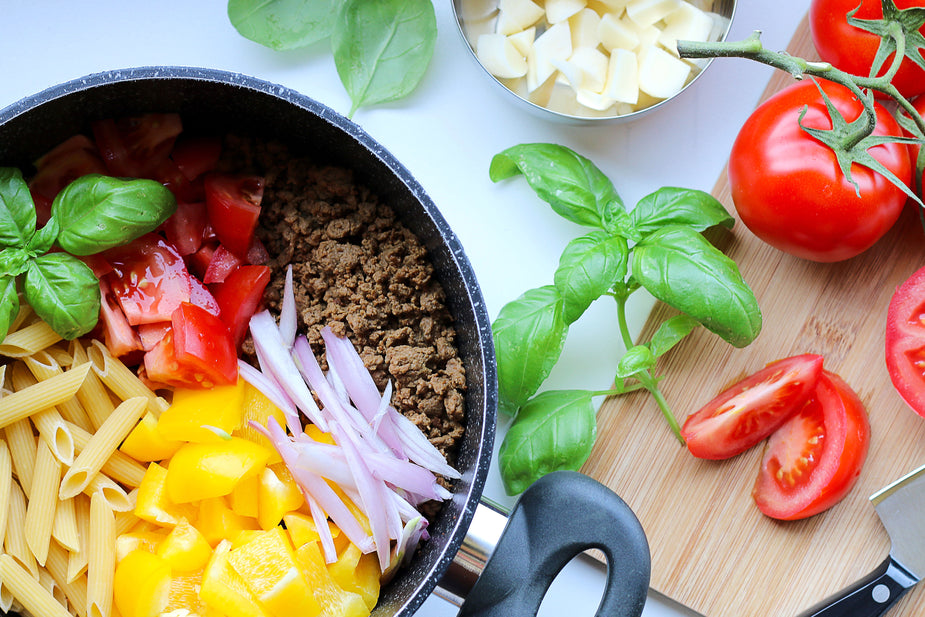ON BECOMING A VEGETARIAN
Thanks to Larry Rosenberg for this guest post. For years I was aware that important people to me were becoming vegetarians. Some gave the explanation of better health (or less weight and disease), better for animals (who will now be more at ease with you), or better for the Earth’s sustainability. I also realized that … Read more
